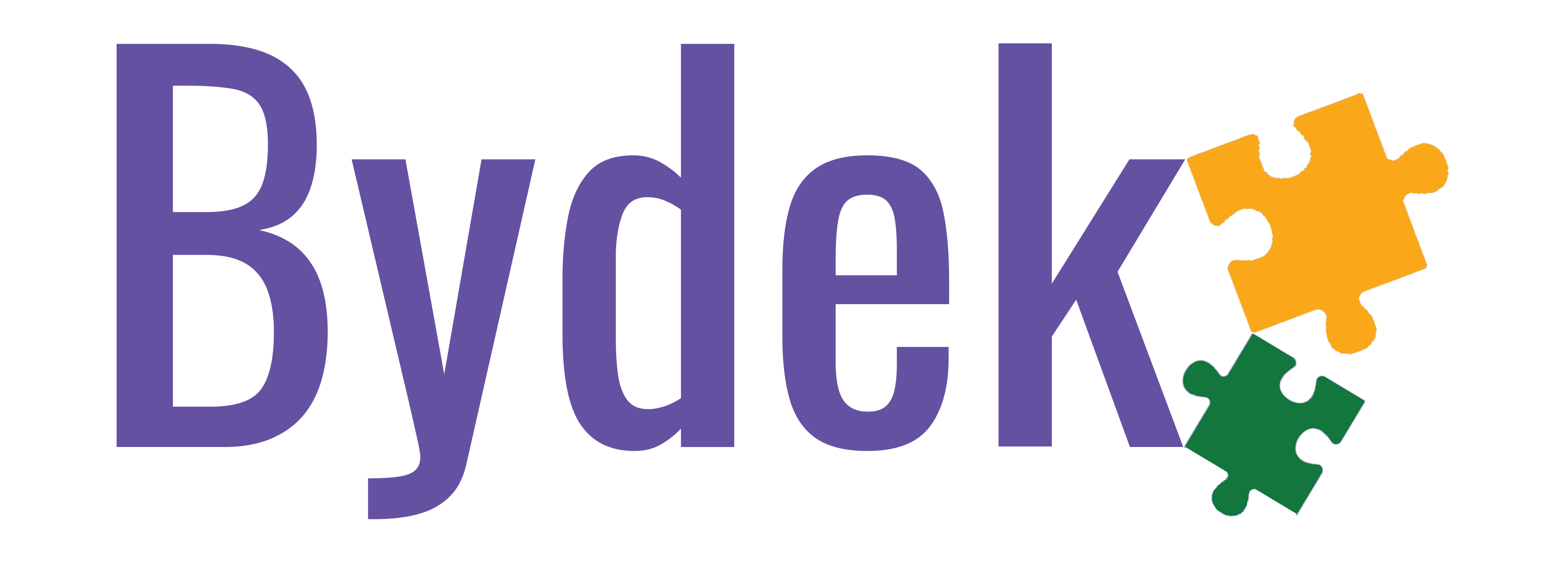Name cleansing or matching, also known as name standardization or name parsing, is a process within channel data management that involves cleaning and standardizing the names of entities such as customers, vendors, or partners. It aims to ensure consistency and accuracy in the representation of names across different data sources.
In channel data management, names can vary significantly due to factors like different naming conventions, abbreviations, misspellings, or variations in punctuation and formatting. This can lead to challenges in data analysis, reporting, and identification of entities.
Name cleansing typically involves the following steps:
Name Parsing Breaking down the name into its constituent parts, prefix, and suffix. This allows for better categorization and analysis of the name components.
Standardization Applying standard formatting and rules to ensure consistent representation of names. This may involve capitalizing the first letter of each name component, removing extra spaces, and ensuring consistent abbreviations or titles.
De-duplication Identifying and eliminating duplicate or similar names within the dataset. This step helps avoid redundancy and ensures accurate representation of unique entities.
Correction and Enrichment Correcting common misspellings, typographical errors, or inconsistencies in the names. Additionally, enriching the names with additional information, such as gender, salutation, or title, can enhance data quality and improve downstream analysis.
Reference Data Matching Matching the cleansed names against reference databases or master data repositories to validate and enhance the accuracy of the names. This process helps in standardizing names based on trusted sources.
Name cleansing is crucial in channel data management because it enables better data integration, analysis, and reporting. By standardizing names, organizations can achieve a consistent and accurate representation of entities, enabling more accurate customer segmentation, identification of sales trends, and improved data quality across various systems and reports.
Automated tools and algorithms can be employed for name cleansing, leveraging natural language processing (NLP) techniques, machine learning, and reference databases. These tools help streamline the process, reduce manual effort, and ensure a higher level of accuracy and consistency in channel data management.
Bydek's Corman solution is a powerful combination of ML based algorithm for automatically winnowing out unwanted data and a rich directory of hundreds of thousands of customer names from the channels. The gold standard of data that is created by the application of powerful customized algorithms for specific business cases has helped Bydek's customers see significant improvement in overall quality and accuracy of the master data, which is so critical for analyses and reporting.

